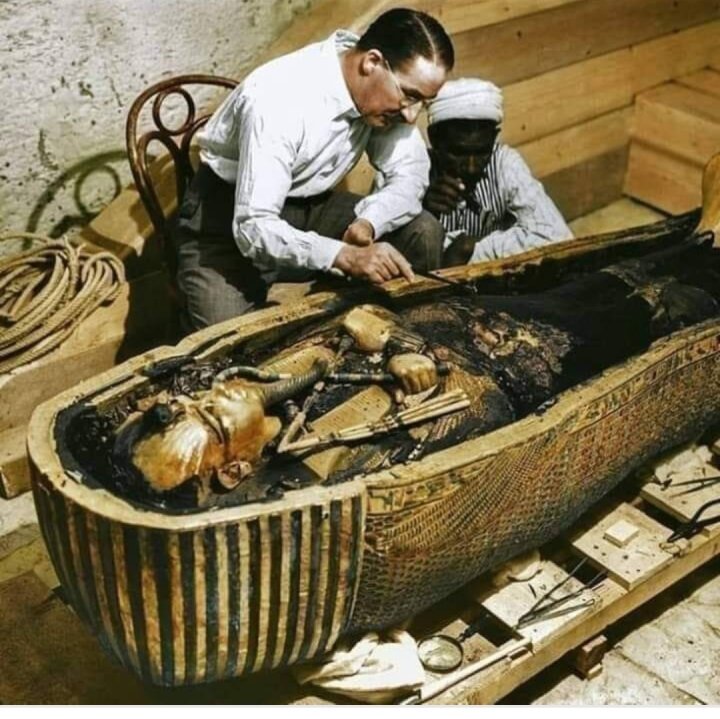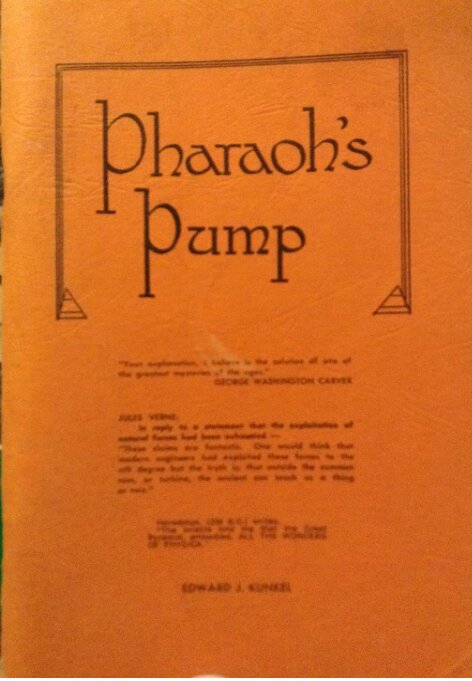History lesson
King Tut's coffin is made of pure gold, the degree of purity of the gold of our ancestors was not achieved by science until the beginning of the 20th century. A block of pure gold weighs about 110 kg. There is no block of gold as heavy as this one on Earth... This very precise interlacing and inlaying with turquoise, agate and all gemstones is unparalleled on the planet... None of these thousands of small pieces of precious stones fell despite remaining underground in a very hot desert for about 3,500 years... This magnificence, fabulous precision and miraculous beauty has not been repeated in all human civilizations... Now it is not possible to create something like that, no matter how modern the equipment they use. This is the pinnacle of human miracle and the pinnacle of manual skill since the first man walked the Earth.














